Faculty Spotlight: 21 Questions with Anibal Diogenes, D.D.S./Ph.D.
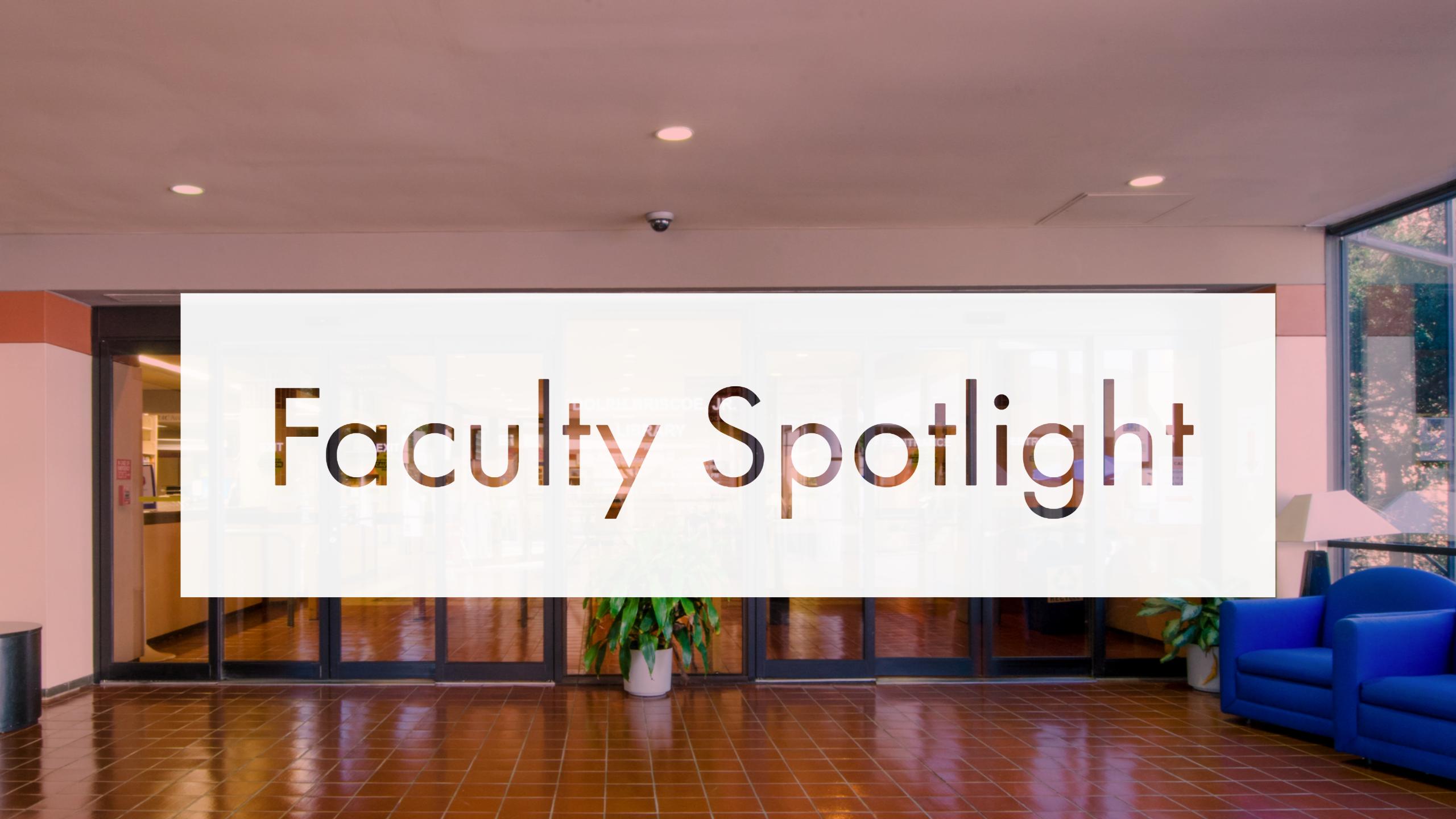
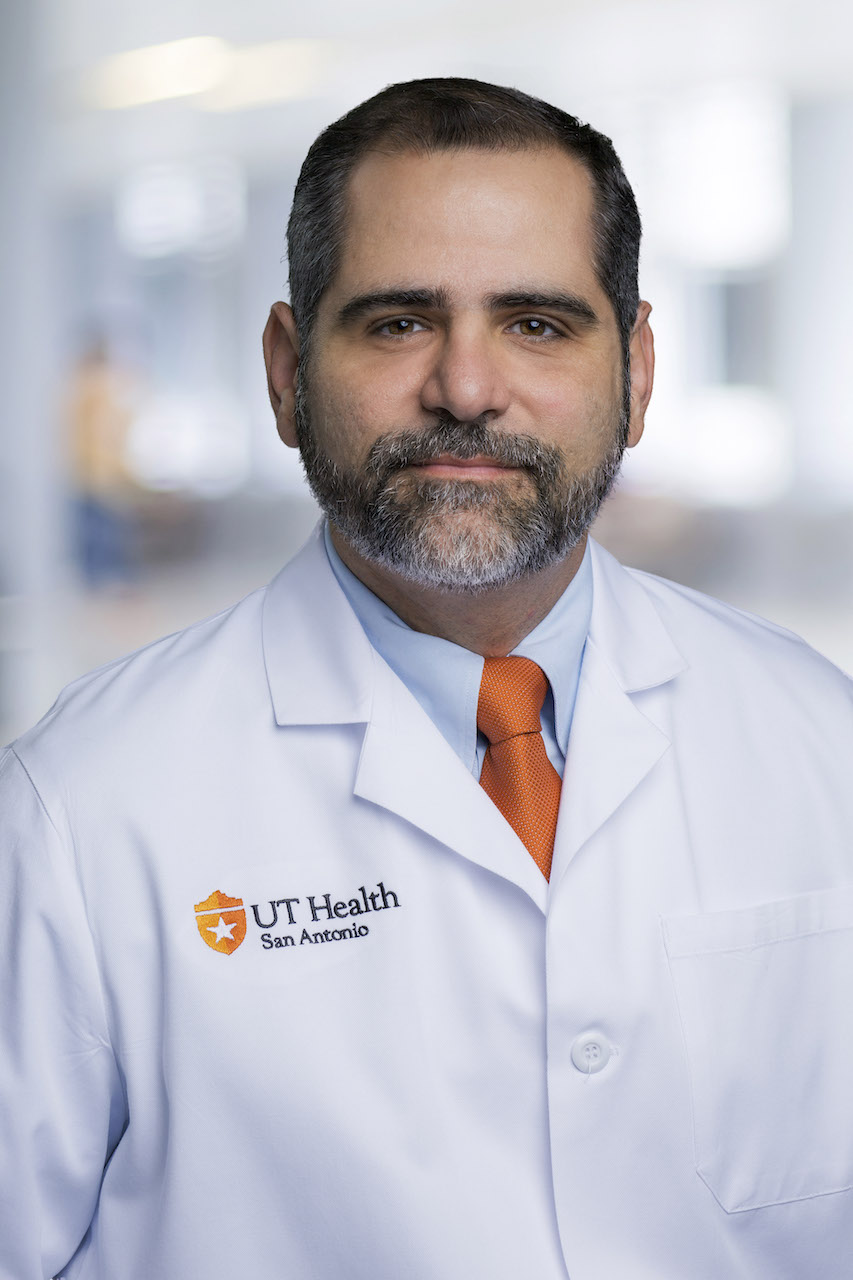 1) Please tell me about yourself.
1) Please tell me about yourself.
I am a clinician scientist with a D.D.S./Ph.D. dual degree. I received my dental training in Brazil, and later a M.S. degree in Molecular Biology at University of Nebraska, and a Ph.D. in Pharmacology at UT Health San Antonio where I also specialized in Endodontics. See faculty profile >>
2) What brought you to UT Health San Antonio?
I came to UT Health San Antonio with the intention of being trained as a pain scientist by Dr. Kenneth Hargreaves in Department of Endodontics at the School of Dentistry.
3) Tell me about your research interests and why you are passionate about this topic?
Pain due to infections is a devastating emotional experience and a heavy burden on our society. It has a tremendous financial impact from loss of productivity and treatment costs, and more importantly, it results in unquantifiable human suffering. The orofacial structures, in particularly teeth, are among the most densely innervated tissues with pain-sensing fibers. As a clinician, I focus on treating dental infections and managing pain. There is a tremendous gap in knowledge on the how these peripheral pain fibers are modulated by surrounding cells during an infection process and how they, in turn, regulate the inflammatory process. This communication of nociceptors with non-neural cells in inflammation and repair and regeneration represents my primary research focus.
4) What do you want the public to know about your research? Why is your topic important?
Although pain can be a life altering experience when is chronic, it serves as a major protective stimulus. The neurons that detect and transmit noxious stimuli to the central nervous system release a myriad of factors in the peripheral tissues. These soluble factors participate in the processes of inflammation but also in repair and regeneration. Unfortunately, these intertwined processes are often studied separately, and this elegant communication is missed and overseen. Instead, my research focuses on identifying the role of neurons in modulation of inflammation, and its shift into a reparative and regenerative process. Therefore, I study the interaction of peripheral nociceptors with immune cells, cells related to bone metabolism and mesenchymal stem cells.
5) What is your favorite part of your job?
I really enjoy the privilege of exploring the unknown. To be able to describe a biologic process for the first time is a tremendous joy. Also, I am very determined in training the next generation of scientists and clinicians. I am fortunate to be able to do all the things I love about my job at UT Health San Antonio.
6) What is the most challenging part of your job?
Balancing my effort between patient care, research, administrative duties and life in general.
7) What do you like most about mentoring students?
My very favorite is seeing their evolution as a scientist. Nothing is better than witnessing the changes in the students’ thought process and their growing excitement with science and discovery.
8) How do you like to spend your free time?
I love spending time with my wife and children (ages 10 and 12). We are always trying to do fun activities together.
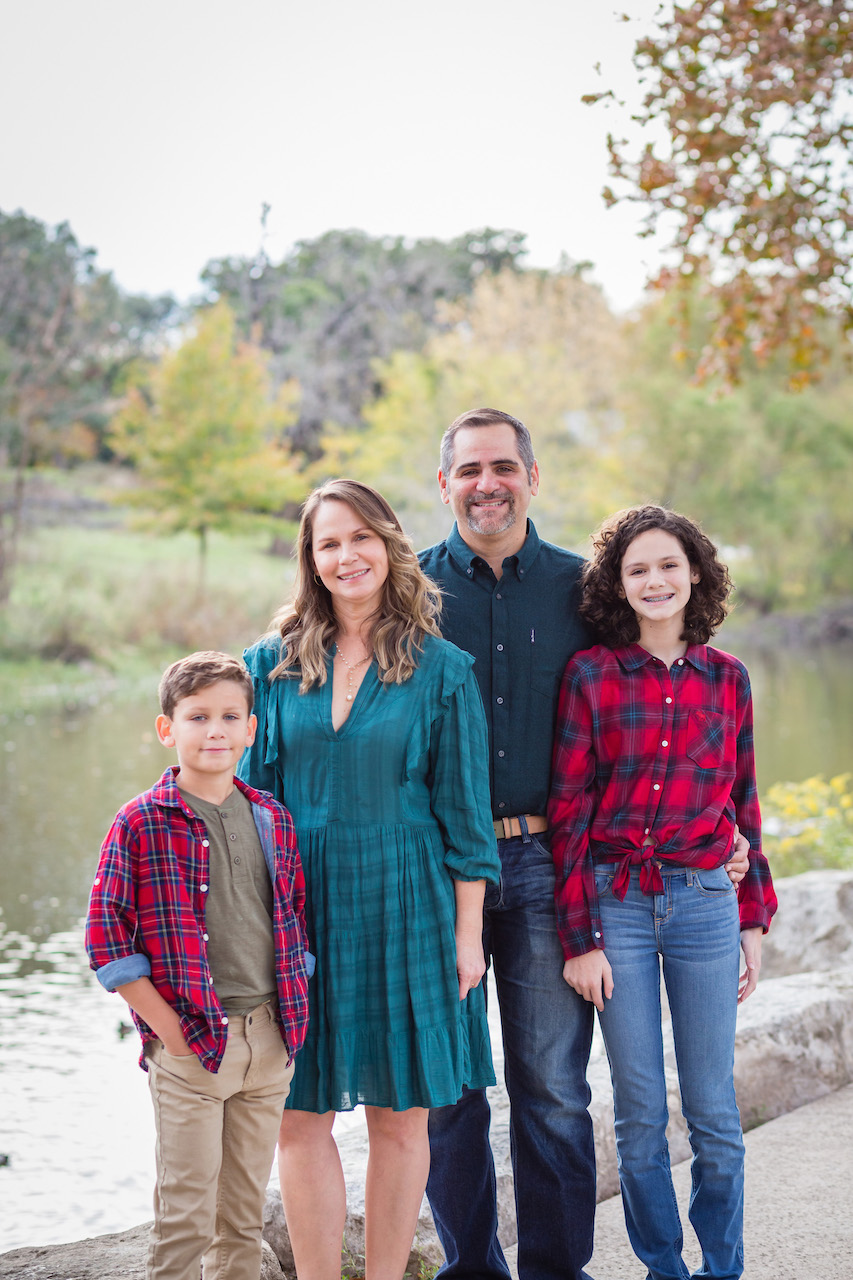
9) What is the most helpful advice you’ve received?
“Open your mind and follow the data.”
10) When did you start becoming interested in science?
I was already showing signs of being a wannabe scientist as early as 5th grade. I was the first of my friends to be excited with our annual science fair at my school, and always came up with elaborate experiments and demonstrations. One time I hand-built a miniature water treatment station that had six large aquariums with specific functions. It took my allowance savings, a lot of time but it won the science fair competition and made me happy. Clear potable water came out of mud! My interest in science never slowed down, and only increased after I joined dental school in the 90’s.
11) Growing up, what did you want to be?
Someone that did something meaningful that could help others. It was vague at first, then during high school it became clear that I wanted to be a clinician and also do research.
12) Who has influenced you the most in life?
My mother has been my greatest influence. She is an example of dedication, determination and tenacity. She taught me not to be afraid to take chances as long as I gave my best.
13) If you were stranded on a deserted island, what one band or musician would help keep your sanity?
I love music and have a lot of favorites, but if I was truly stranded on an island “The Cranberries” would be an awesome company.
14) What do you consider your favorite hobby?
My favorite hobby is sailing and cycling.
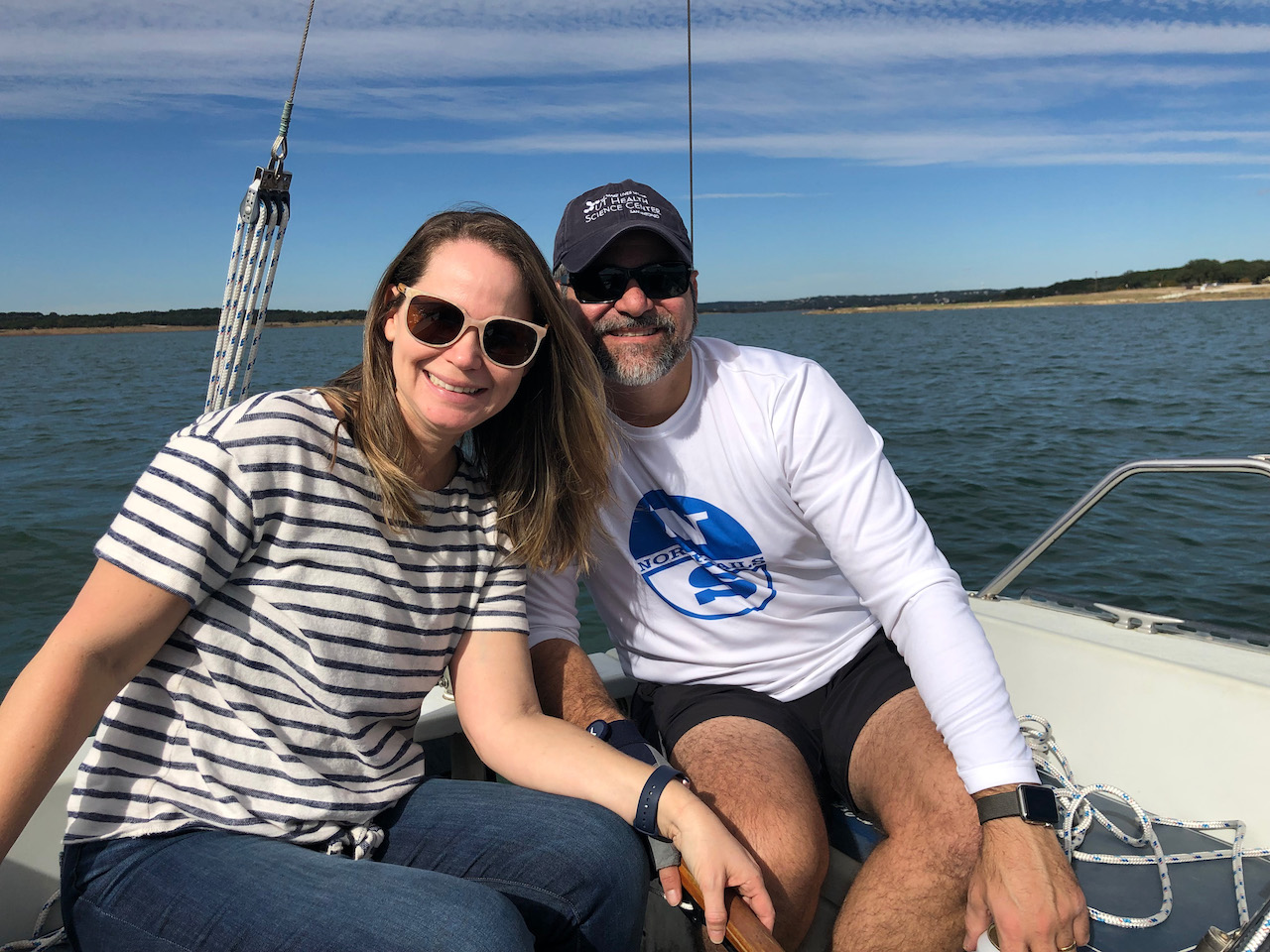
15) What is your favorite quote?
“If you can’t explain it simply, you don’t understand it well enough.”
16) If you could have dinner with one person, living or dead, who would it be?
Albert Einstein, I would bombard him with questions and listen to every word he said.
17) If you won the lottery, what would you do?
I would like to dedicate part of it to a foundation to promote science in underprivileged countries. There are so many talented, creative and smart scientists everywhere. Unfortunately, their careers are only limited by their local resources.
18) If you could travel anywhere, where would you go?
I would be sailing around the French Polynesian islands.
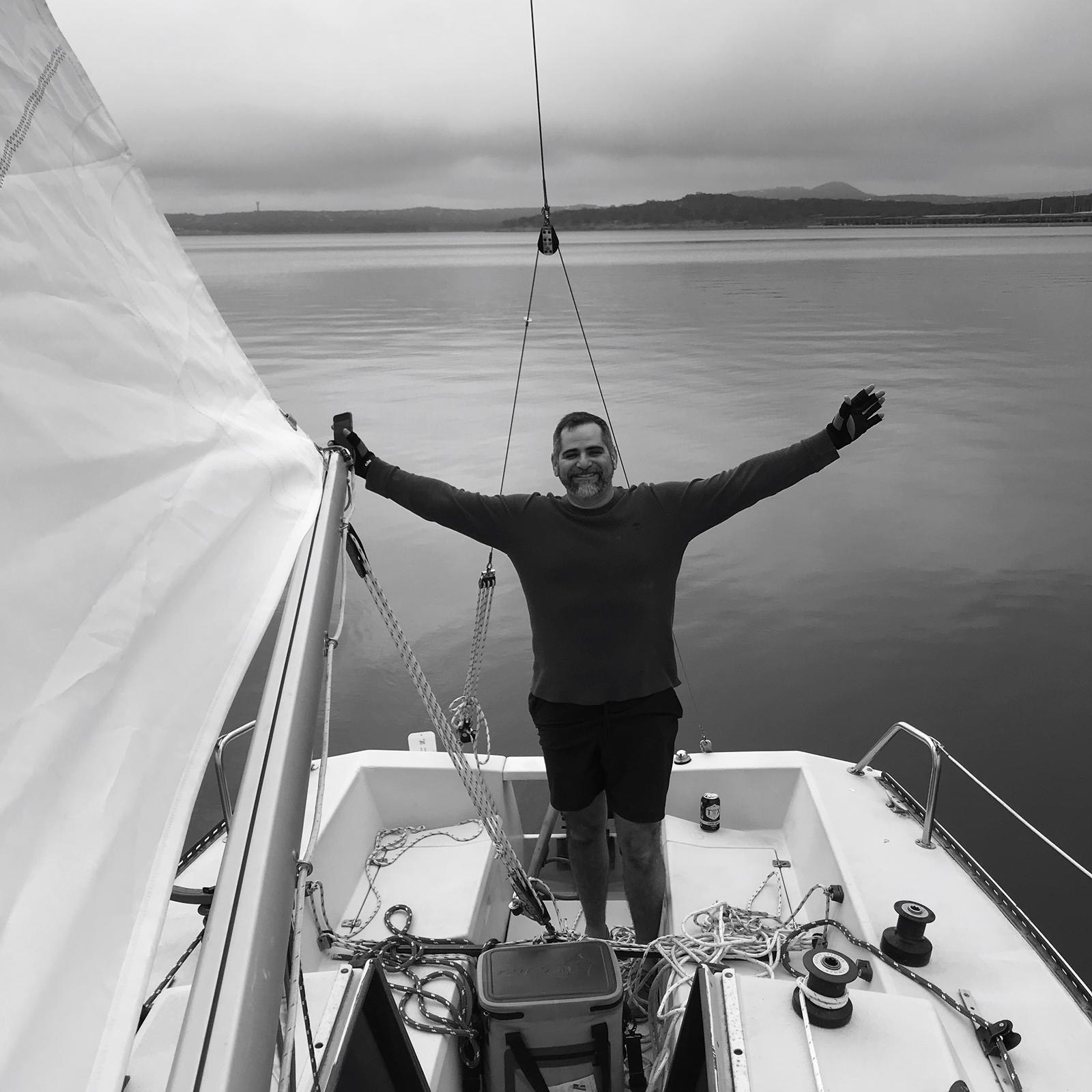
19) If you could only eat one thing for the rest of your life, what would it be?
Italian food.
20) Which authors or books have influenced you the most?
Isaac Asimov, Agatha Christie, J.R.R. Tolkien and Stephen King.
21) Tell us something about yourself that otherwise we wouldn’t know or guess.
I used to be a DJ with a group high school friends and still very much like electronic music.
